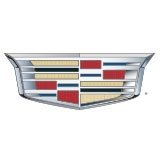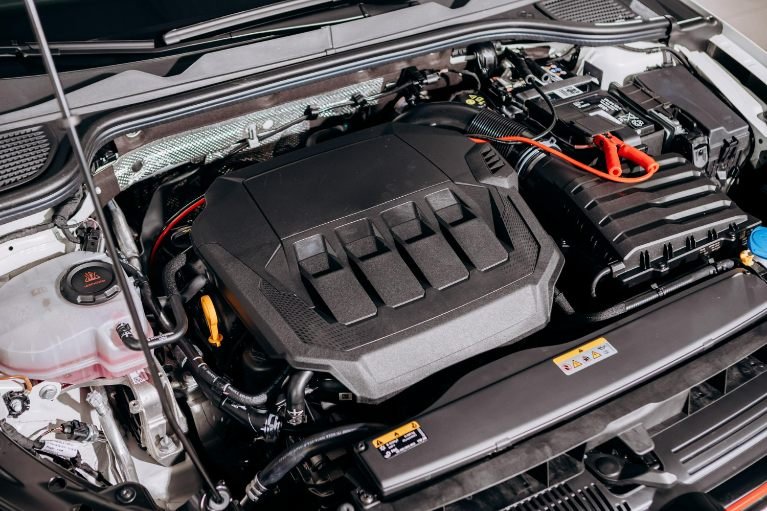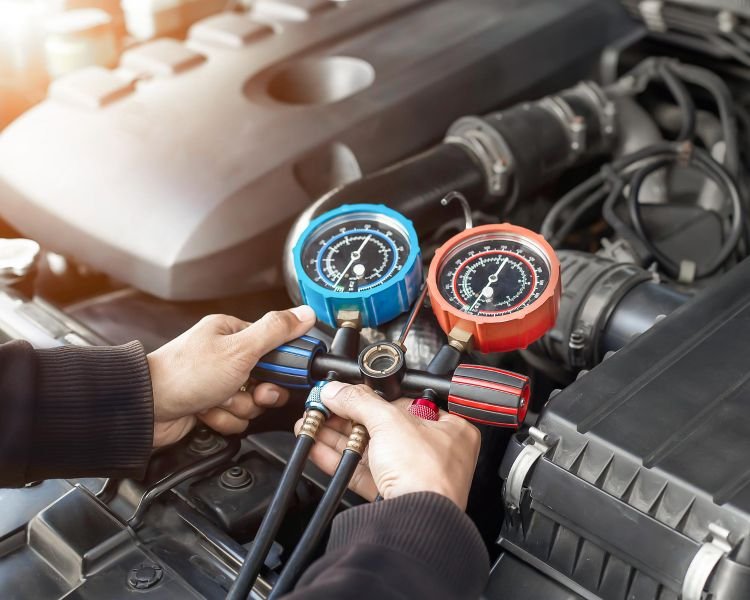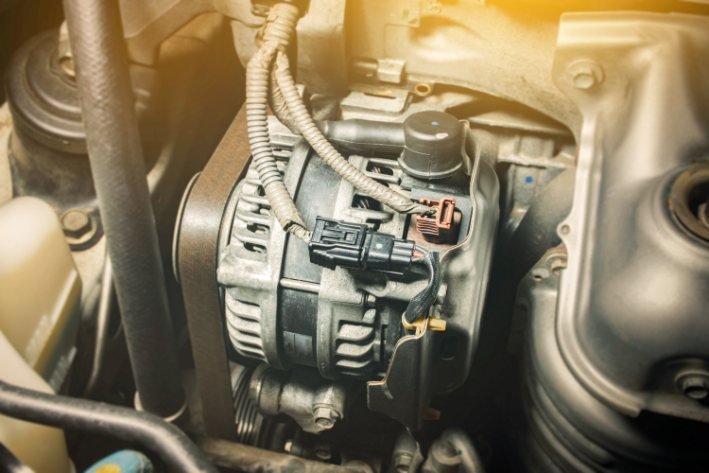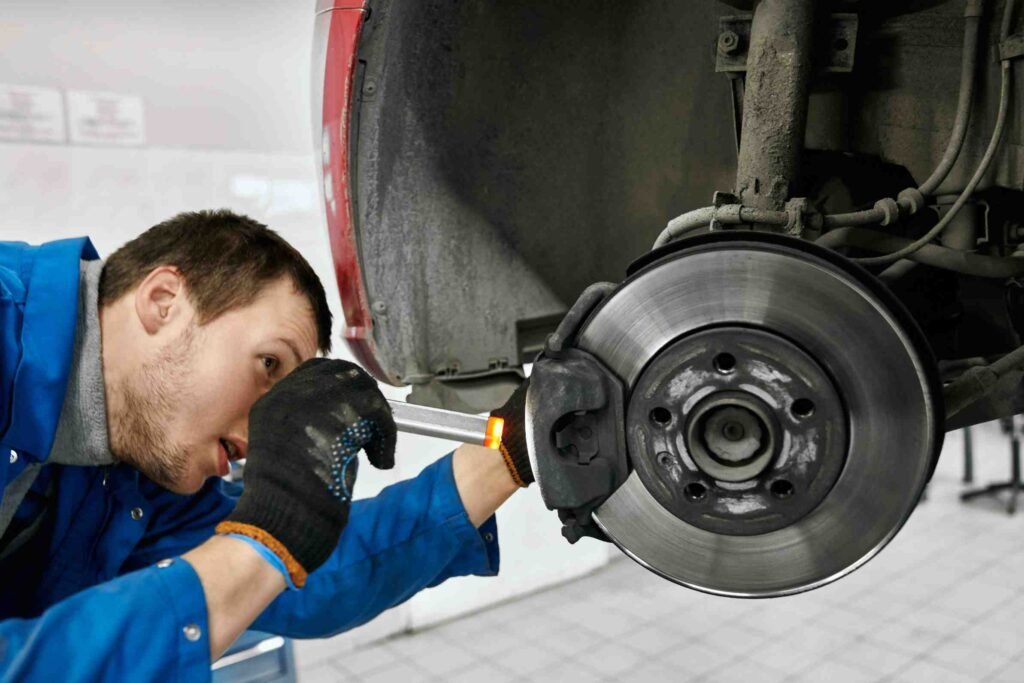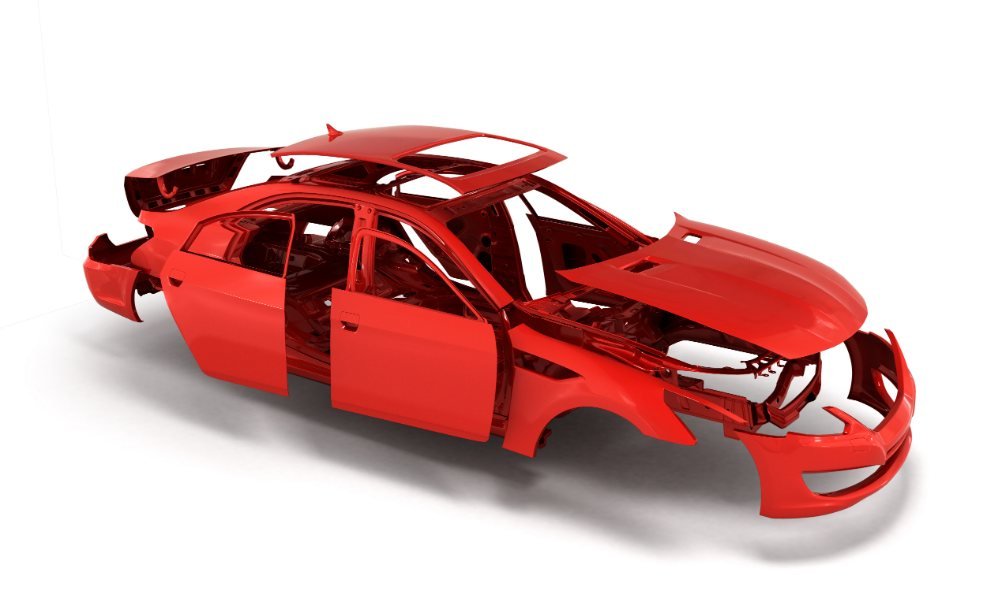AC Compressor: An Important Part of Your Car

Since the early days of automobile assembly, the air conditioning system has been making traveling comfortable for people at the sweltering height of summer.
Soon after air conditioning (AC) systems were added to cars, people were able to travel and commute in greater comfort thanks to the ability of your vehicle’s AC system to drop interior temperatures by at least 20° from outside temperatures.
One of the key components that establish the system’s necessary cycle is the air compressor. You can find the AC compressor at the front of the engine (below the alternator and power steering pump). Without the compressor, your complete AC system won’t be able to produce cool air inside the car.
But how does an AC compressor in your car actually cools down air? Let’s find out together!
How does the AC compressor in your vehicle work?
Similar to your room air conditioner or refrigerator, an automobile air conditioner operates on the same principle. The basic idea at play here is heat-exchange. A refrigerant gas that forces the conversion of liquids into gases and back into liquids while absorbing or releasing heat in the process (R134-a is now a widely used refrigerant). When it expands, heat is absorbed (from liquid to gas form).
The AC’s compressor converts low-pressure gas to high-pressure while also heating it. This gas is forced to cool down by the condenser and the fan turning it into a high-pressure liquid while also losing some heat in the process.
This liquid high-pressure refrigerant passes through an expansion valve that enables it to expand and cool down just before it enters the cabin.
The cold liquid then travels through the internal condenser, absorbing heat from the cabin as it evaporates into a gas. This cold air is forced into the cabin by a blower motor, where it is compressed into a high-pressure gas and the cycle is repeated.
Recommend Read: How does a Car Water Pump work?
Major signs your car’s AC compressor is failing
Here are some signs of a bad AC compressor you should look out for:
Warm air
If the air coming from the AC vents is not as cold as it should be, there might be a problem with the compressor. There can be other culprits but a failing compressor is an obvious option.
The AC makes noise
You’ll start to hear a rough grinding sound coming from the engine after the bearings and other metallic components inside the compressor start to deteriorate.
Try turning the AC on and off to see if your compressor is the source of the noise.
The compressor clutch is stiff
The compressor clutch should spin with a brief click when you switch on the air conditioning. The compressor has to be serviced if the clutch does not engage or if it does so with a shrieking or whining sound.
Damaged compressor
Damage to the compressor’s clutch or other external components could be a sign of internal issues. Therefore, any damage, including bending, breaking, corroding, or leaking, should be examined to ensure that your AC system is in good working condition.
Maintaining your AC compressor
Luckily, maintaining your air conditioner’s compressor only requires a little bit of attention.
- Use the compressor frequently to keep all of the system’s components properly oiled.
- Charge your refrigerant to ensure that the air conditioning system has the right pressure levels.
- The driving belts should be cleaned and tightened as necessary.
- Conduct electrical inspections on the fuses, relay, and coil of the EM clutch, as well as the switches and sensors.
- Regularly inspect your filter and clean dirty cabin air filters to ensure proper airflow.
- Every week, you should run your air conditioner in defrost mode for 10 minutes at the coldest temperature and with the highest fan speed. This keeps your compressor functioning properly, maintains gas pressure, removes moisture, and wards off mildew.
- Do not pre-cool your car as the AC system needs airflow to work at maximum efficiency.
The easiest approach to keep your car’s air conditioning in good working order is to take it in for routine servicing. A professional mechanic can identify leaks or system damage and make recommendations for the best course of action to keep your air conditioner functioning correctly and keep you cool throughout the scorching summer.





















